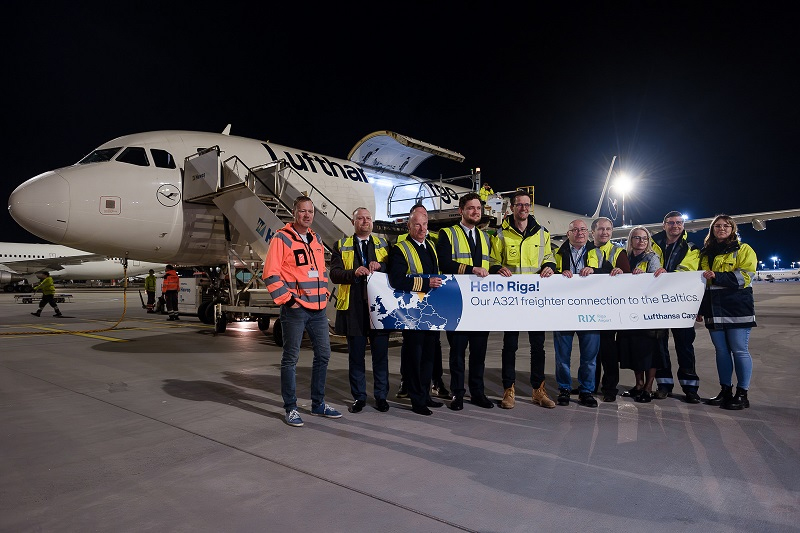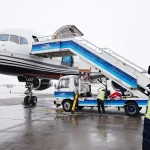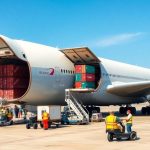Lufthansa Cargo Launches Regular Freighter Flights to Riga Airport, Enhancing Baltic Connectivity
Lufthansa Cargo has launched regular freighter flights to Riga Airport to meet demand from manufacturers and importers in Latvia.
The new service will operate once per week utilizing one of the carrier’s Airbus A321 freighters, which offer a capacity of 28 tons.
With the new service, Riga becomes the only Baltic airport to have a regular freighter flight from Lufthansa Cargo.
RIX Riga Airport said that the new flights will allow Latvian manufacturers to plan ahead and reach markets in the Lufthansa network faster than previously. Local entrepreneurs in turn will be able to “import goods more conveniently and quickly at competitive prices”.
“The advantage of cargo flights is the ability to simultaneously carry larger cargoes without dividing them into several flights, and the ability to transport bulky cargo that cannot be accommodated in passenger aircraft,” said Eligijus Jentkus, head of air cargo development at RIX Riga Airport.
“Lufthansa Group is a long-term and stable cooperation partner of Riga Airport, and we are happy that it is Riga Airport that becomes the first Baltic airport where Lufthansa Cargo starts such regular air cargo flights.”
Henning Oldendorf, Lufthansa Cargo head of sales and handling Nordics and Baltics, added: “We are happy to offer freighter capacity now also in the Baltics. Riga is a very important location for the computer parts and healthcare industry, but we are happy to offer this to any industry in need of fast freighter capacity.
“The new connection is also very important for the development of the region, as the air cargo business at RIX Riga Airport continues to grow.”
Currently, the volume of air cargo transportation in Latvia consists of four main areas of activity – the export and import of high-value goods, the transportation of mail and e-commerce items, transit air cargo services, and the transit of non-military goods.
In 2022, Riga Airport announced a new strategy that aimed to see it handle over 48,000 tons of air cargo a year by 2027.














